9 Book Recommendations for South Asian Heritage Month
by Samia Aziz in Culture & Lifestyle on 17th July, 2021
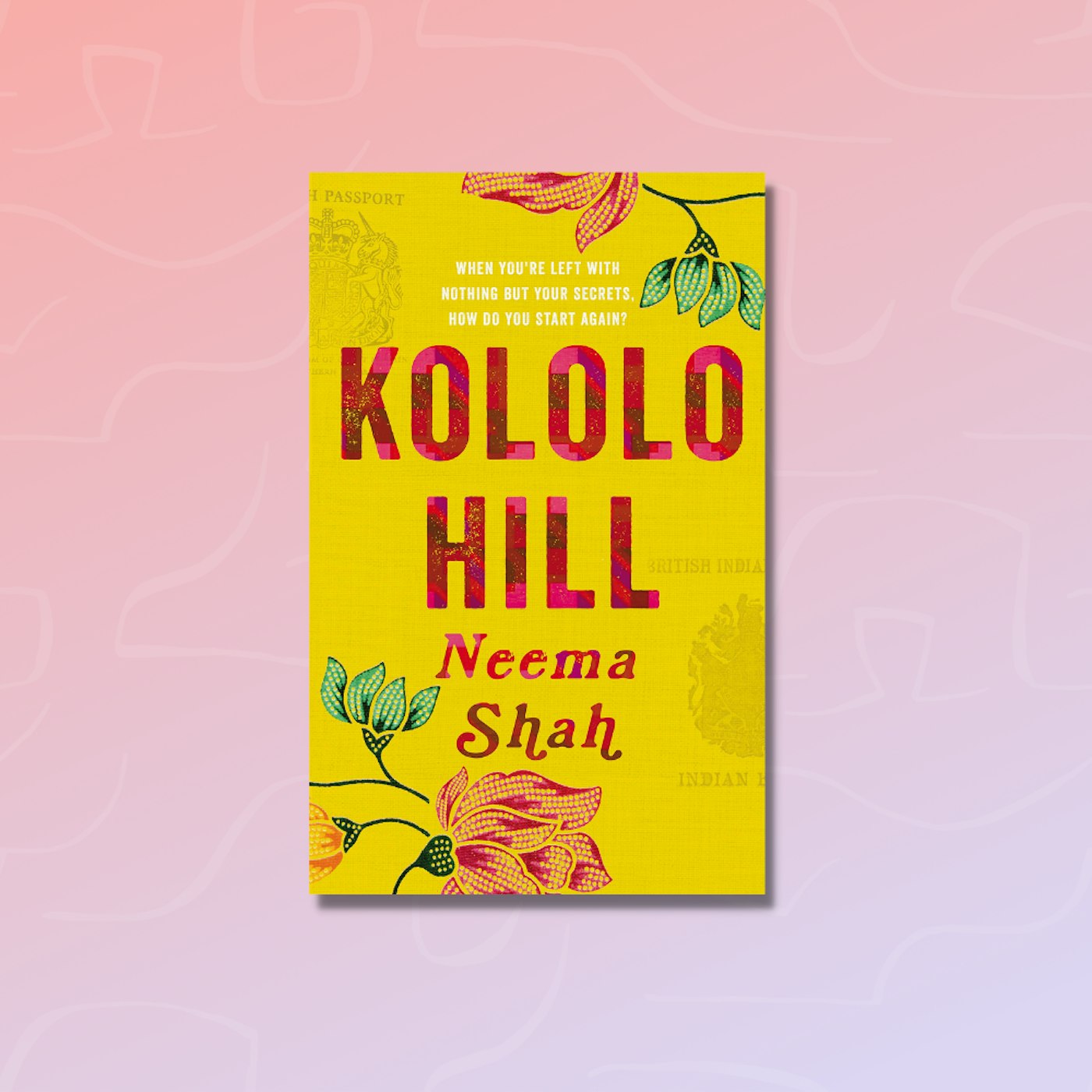
South Asian Heritage Month, which runs from 18th July to 17th August every year, is an event dedicated to commemorating, marking and celebrating South Asian culture and history, with a particular focus on the intertwining pasts and present life of the UK and South Asia. It is a month where we focus on reclaiming history and owning our stories and narratives. For me, this month is about amplifying voices from within our own South Asian communities to learn and educate others about the diverse history of the region and the beautiful, rich culture which permeates into so much of modern-day life around the world.
A lot of conversations throughout this month are focused on the Partition of India and Pakistan in 1947 due to the end of British Colonial rule. It is estimated that between 10 and 20 million people were displaced in 1947, and there was widespread violence, panic and bloodshed. Despite this being the biggest displacement of people and violence ever witnessed, the Partition is excluded from British school curriculums and mainstream narratives of colonial rule. It is so important that we are able to share our stories and honour the truth of our pasts. It is also important to remember that South Asian history is vast, both in terms of time and geography, and there are many places and events we ought to highlight in addition to Partition, including the history of Afghanistan, the expulsion of 80,000 Asians from Uganda in 1972, the protracted crisis in Kashmir and the histories and cultures of Nepal, Sri Lanka, Bangladesh and Bhutan.
I have curated below a list of recommended reads for you to explore during this month and beyond that will hopefully broaden our understanding of the themes associated with this important month.
1. Daughters of Partition by Fozia Raja

Daughters of Partition is a fictionalised account of Taji’s life, who is the author’s paternal grandmother. Taji’s world was turned upside down in 1947 during the partition of India and Pakistan, and this book details her horrific experiences, shedding light on the reality of the British Empire and partition. The first half is an idyllic description of a high society life that is somewhat perfect in Lahore. In 1947 everything changes, and we follow Taji and her young family flee for safety. She travels from Mirpur towards India, encountering horrors and huge challenges along the way. The book intertwines with modern day, as Taji is finally reunited with her family and able to get answers she has been seeking for decades. A very important and beautifully written book by a woman who is dedicated to preserving her family’s heritage and identity.
2. Expelled from Uganda by Noreen Nasim
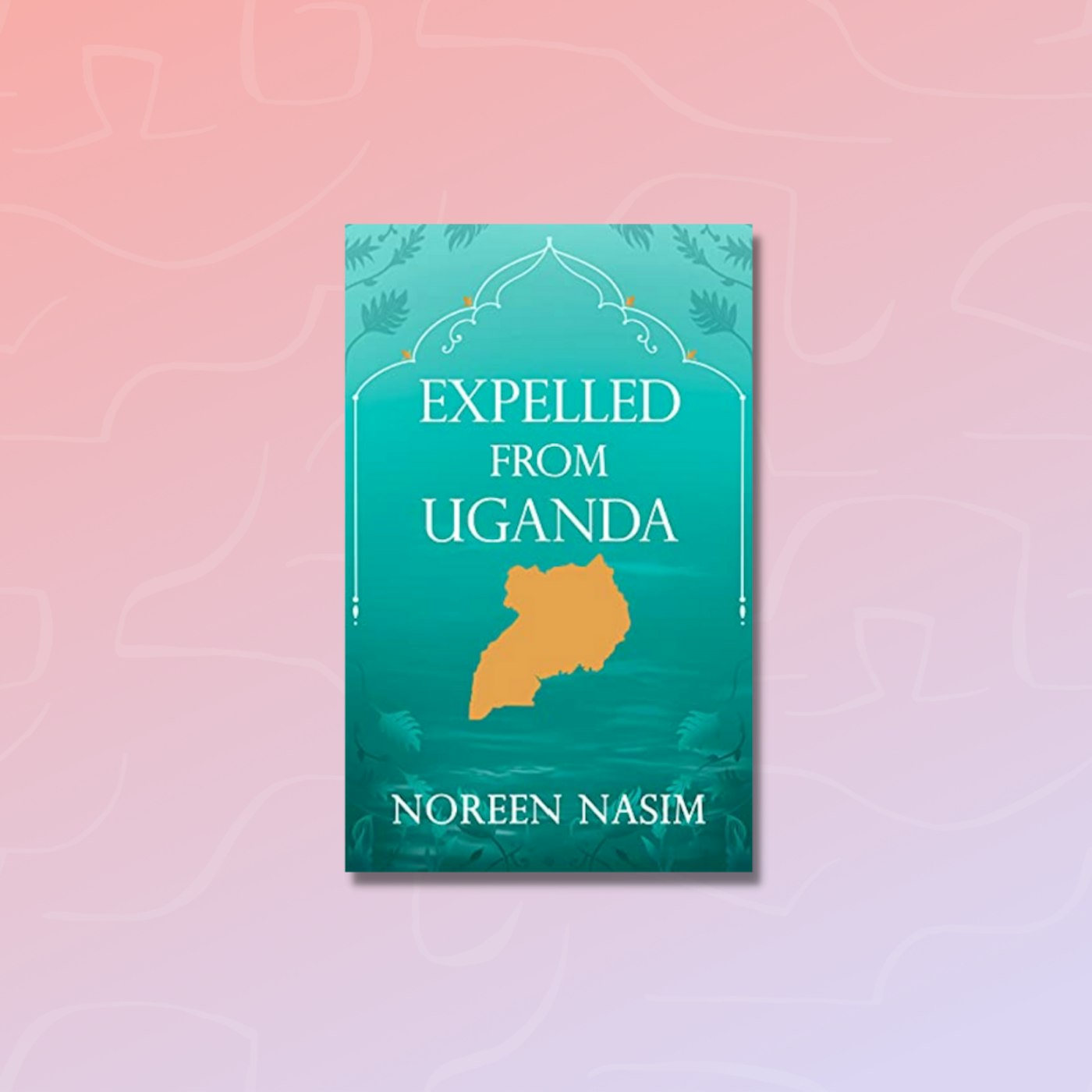
Expelled from Uganda is the story of Amir – the author’s father – and his journey from Uganda to the UK following orders from Idi Amin to expel all Asians within 90 days. The book follows Amir and his families throughout the 90 days and the worsening situation in the country marked by check-points, violence, verbal abuse and oppression. Nasim writes chapters which alternate between 1972, and Amir’s childhood. This gives us a thorough understanding of Amir’s life in the 90 days, and also his childhood and upbringing. In this way, we learn what a mischievous boy Amir was, always playing pranks on family and friends and getting into trouble.
Nasim has worked tirelessly to capture her father’s story and her family’s heritage. A really wonderful and important read.
3. The Roles We Play by Sabba Khan
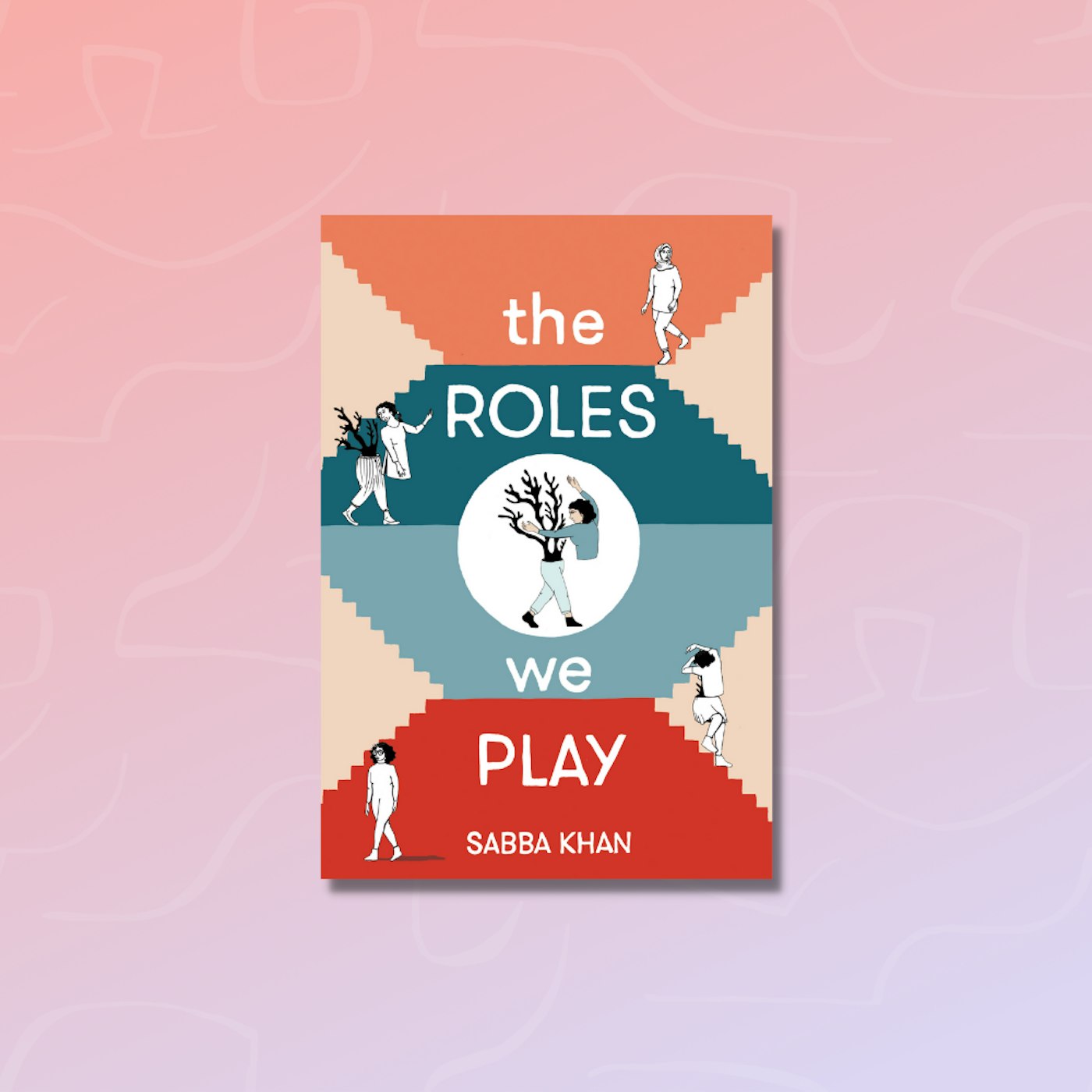
Sabba Khan has created a beautiful graphic novel which explores dilemmas faced by diaspora communities. She takes us on her journey of finding herself by exploring religion, culture, partition, history and displacement. It is Sabba’s quest to flourish, belong and truly breathe in spaces and systems that have been built to other and exclude her. She takes us with her in exploring everything from the history of Kashmir, to the streets of East London.
Through her art, Sabba shares her deepest thoughts, ideas and fears, and this speaks loudly to many second-generation immigrant children. A very beautiful and inspirational book.
4. The Story of a Brief Marriage by Anuk Arudpragasam
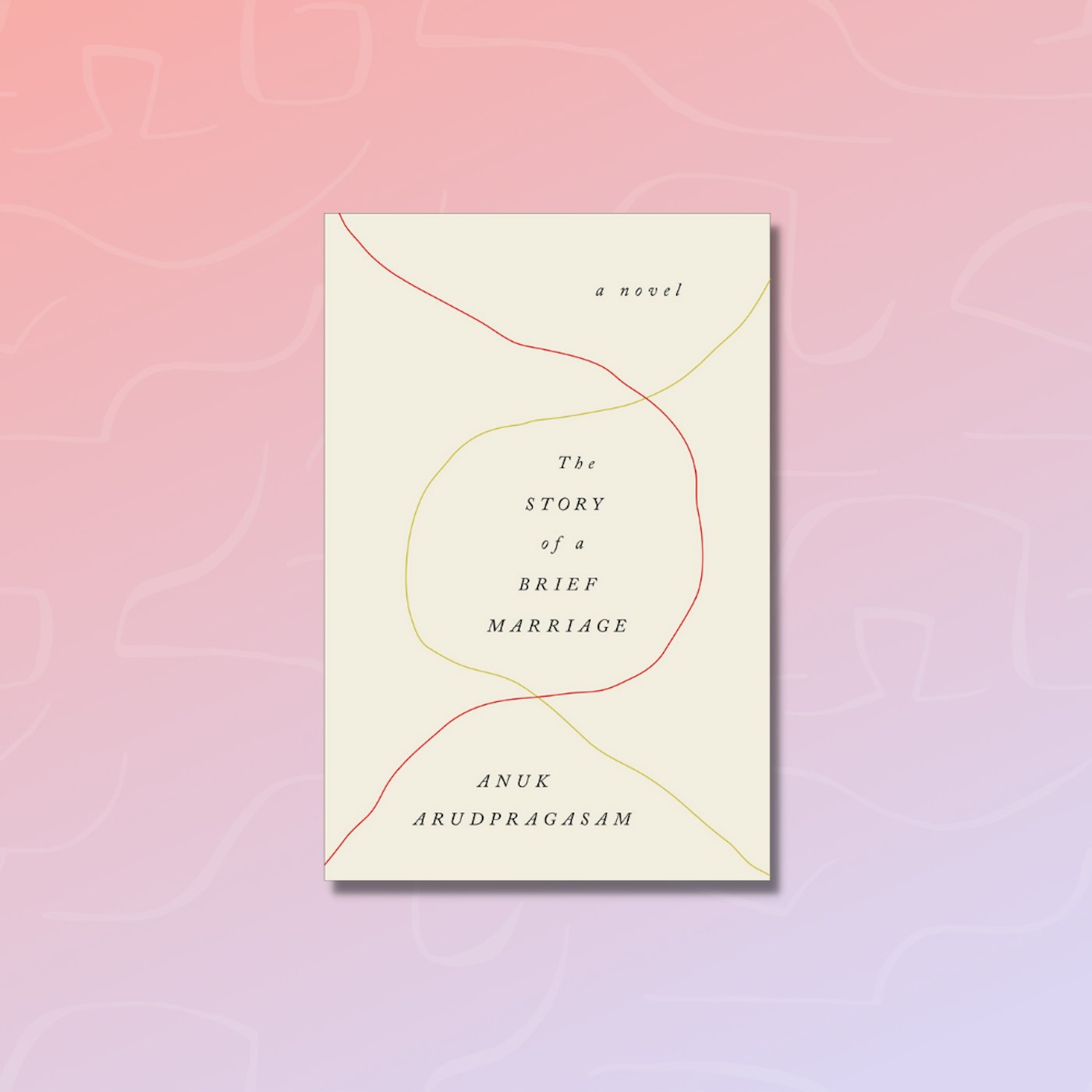
Set over 24 hours in a refugee camp during the Sri Lankan civil war, A Brief Marriage tells the tale of Dinesh and Ganga, his wife. They meet and marry at the camp within just a few hours, perhaps as an act of hope and resilience, or maybe a tool for survival.
The book is a real, in depth account of the refugee camp, living through a civil war and the impacts this has on the human body and mind. Through their marriage we learn about their suffering and hopes for the future, as well as moving closer to understanding our characters. Our protagonist, Dinesh also reflects on love, marriage and loss with incredible nuance.
The book is raw, and reminds us of the humans that are affected by war. His reflections are harsh and at times difficult to swallow.
5. Behold, I Shine by Freny Manecksha
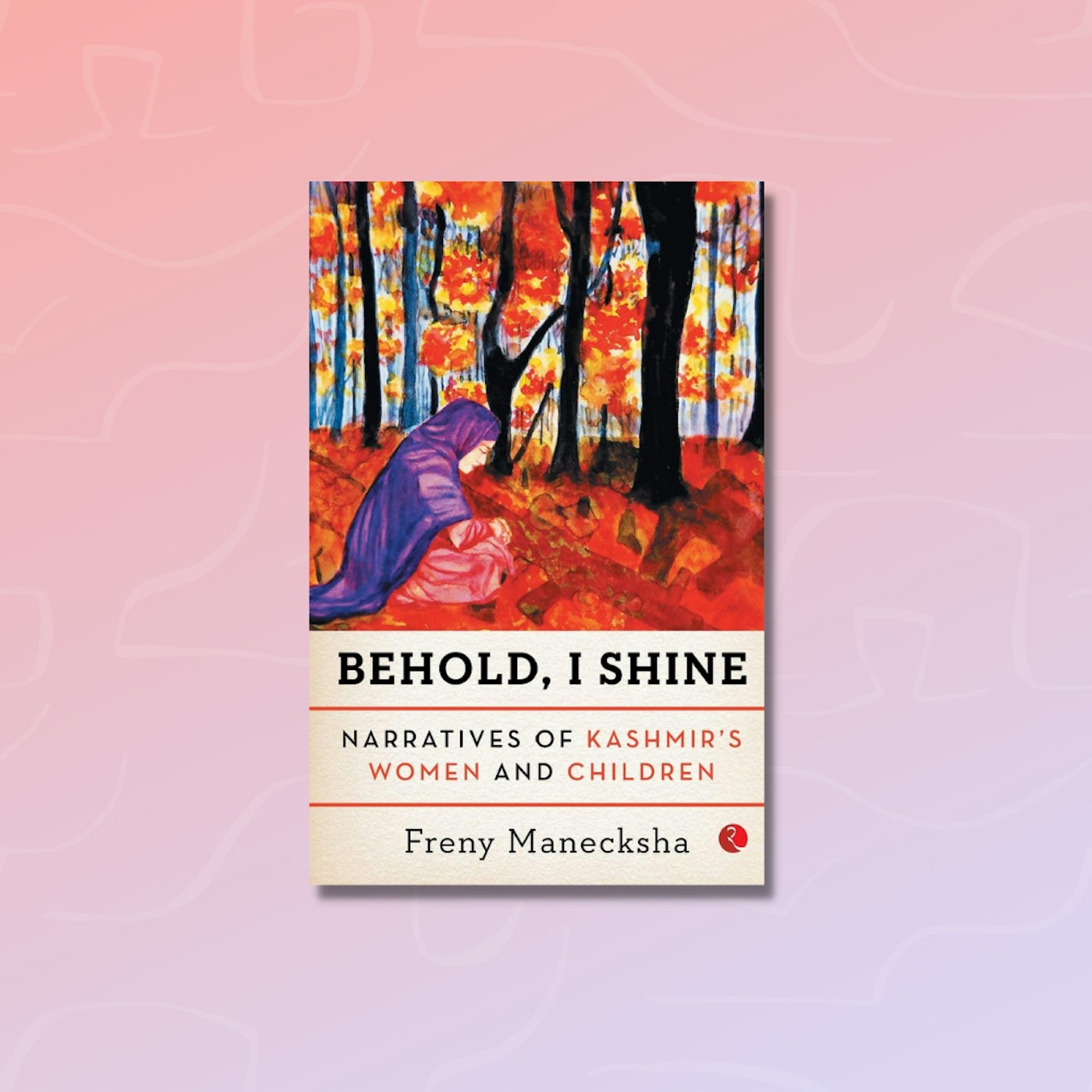
Kashmir is one of the most militarized places on Earth, with one armed officer for every 10 civilians and is caught between two powerful nations – Pakistan and India. This book shares stories from Indian administered Kashmir of women and children.
Manecksha creates spaces for women to tell their stories. She shares the tales of women who have grown up surrounded by armed forces, abused and raped, lost children, lost husbands, and sought freedom. Her writing enables us to really come to terms with the real impact of what is going on. This is a really great collection of harrowing, deep stories which reveal the hidden horrors. Definitely a good read for anyone wanting to learn more about what is happening in Kashmir.
6. Remnants of a Separation: A History of the Partition through Material Memory by Aanchal Malhotra
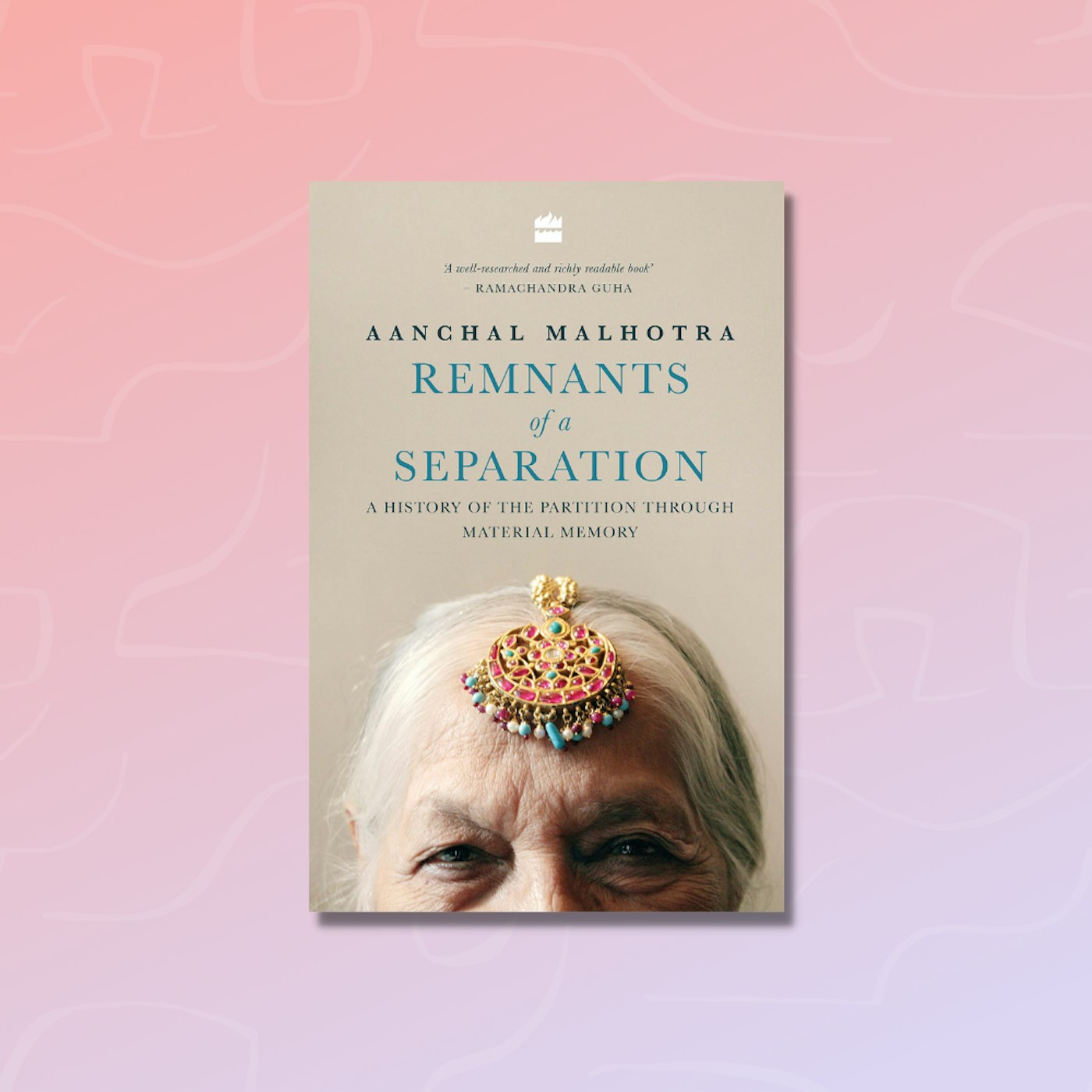
Aanchal Malhorta tells us the story of 21 people who were displaced during Partition with the use of material objects from the time that they hold dear. There is an overwhelming sense of loss, confusion and a desire to return “home”. These are really moving accounts of partition, teaching us so much about the past and the way it has shaped generations that follow.
7. Of Necessity and Wanting by Sascha Akhtar
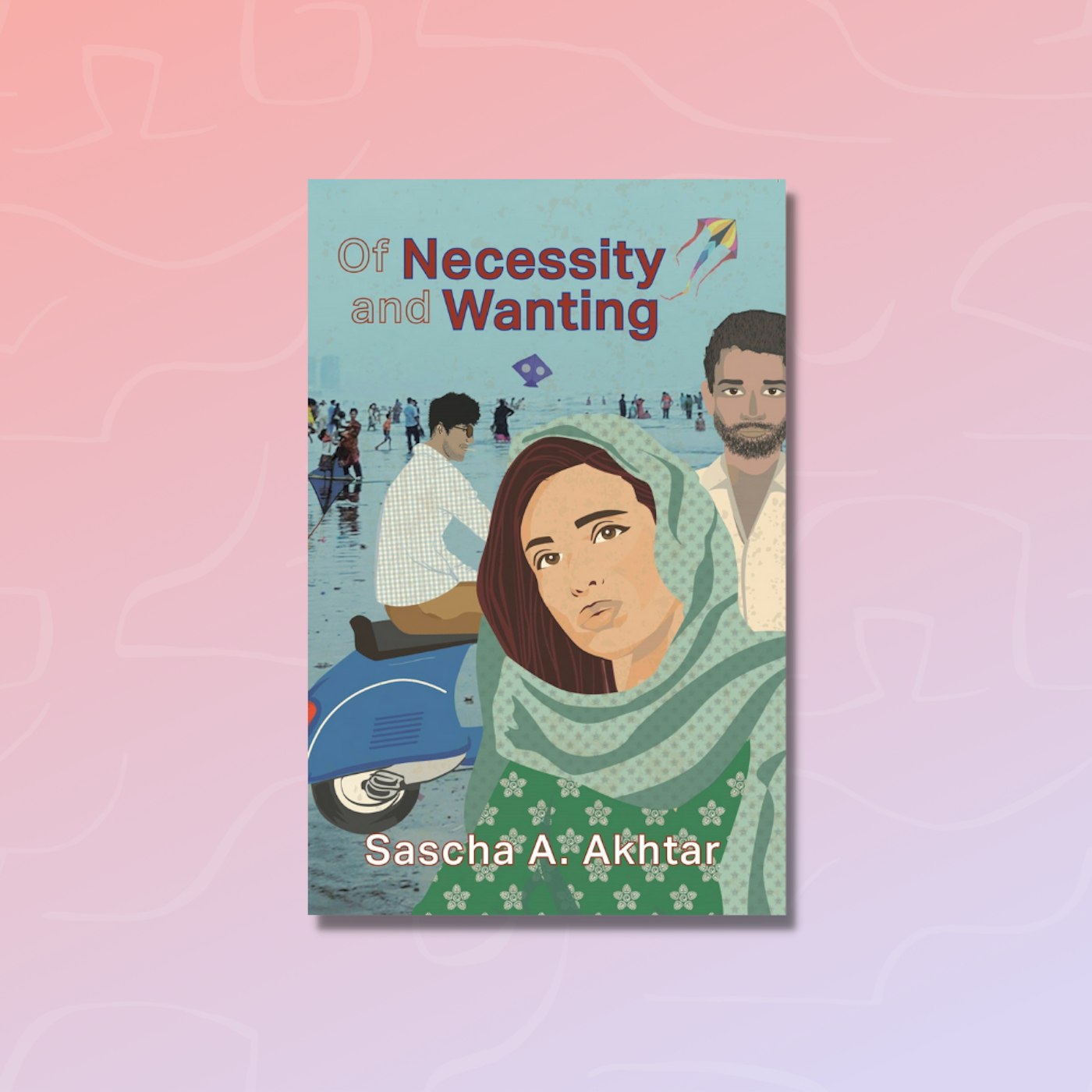
This lovely book comprises of three short stories set in Pakistan’s bustling city of Karachi.
The White Cage tells the story of Guddi, a young woman who aspires to rise in the ranks of Karahi’s social classes. Through her story, we explore themes of colourism, euro-centric ideas of beauty and success, as well as patriarchy in Pakistan. It was so beautifully done, with intricate descriptions of Lahore and Karachi.
Jannat Ki Hawa: The Air of Paradise, tells the story of Zainab and Javed, two young working-class people who meet at the Sunday bazaar. The relationship that blossoms between them is wholesome, as we learn more about the lives they lead and the struggles they face. It was a really great exploration of class, wealth and status in Pakistan.
The book is written so eloquently, and is full of vivid imagery that enables it to truly transport the reader. It is sprinkled with Urdu language and references.
8. Kololo Hill by Neema Shah

Neema Shah takes us through Uganda in 1972, when Idi Amin expelled 80,000 Asians from the country through our characters Jaya, Asha and Vijay – strong matriarch, newly married daughter in law, and young son, who is quirky and sincere. They were given just 90 days to leave and those who resisted faced unfathomable consequences. Families were torn apart, had to leave everything behind, were robbed, abused and humiliated.
Neema explores the concept of identity and belonging, and the impossible decisions refugees and stateless people face. Vijay is born with a disability, and in the UK he deals with prejudice both about his race and his disability, and I think Neema portrayed this powerfully.
9. The Family Tree by Sairish Hussain
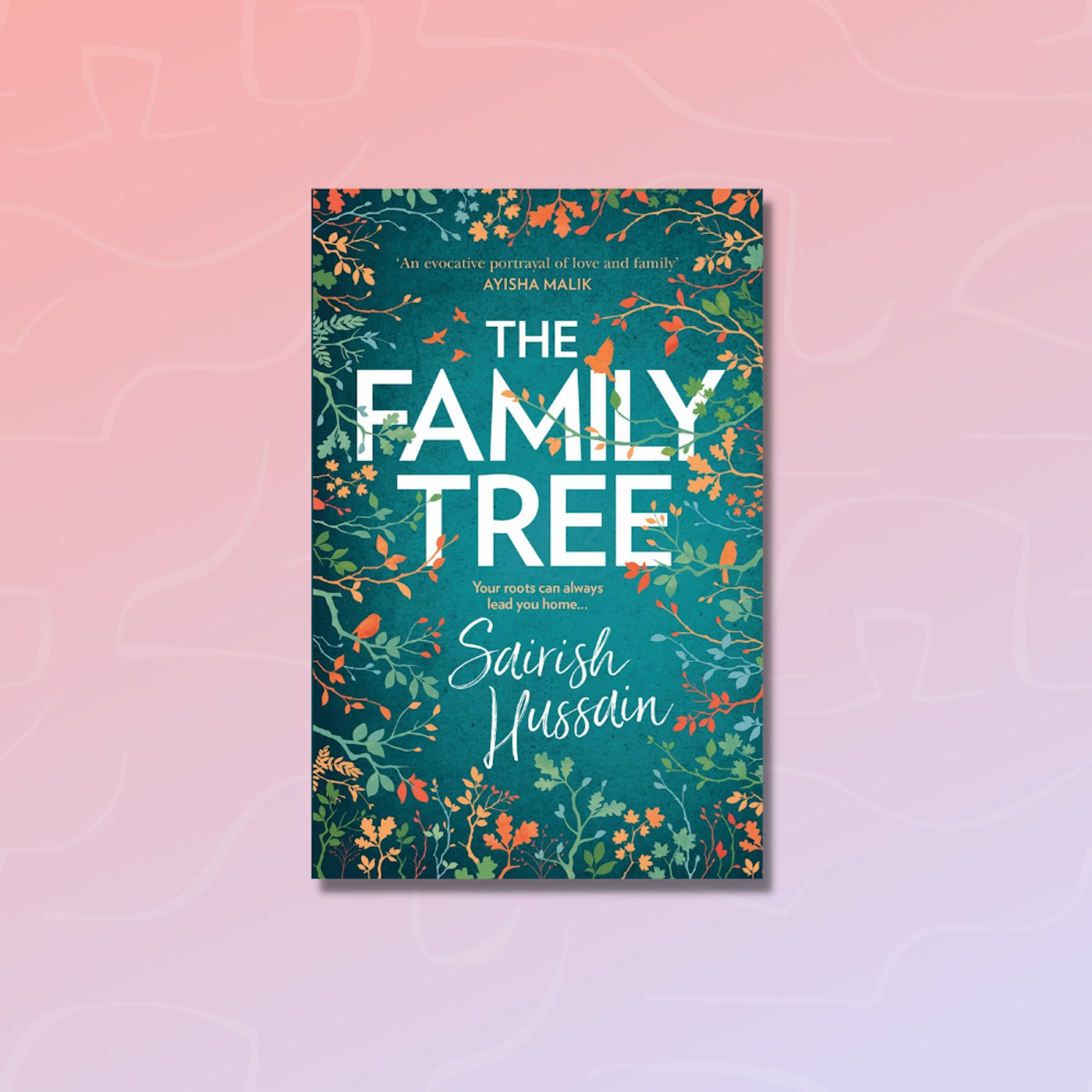
The Family Tree follows the story of a British Asian family. It begins with Amjad, recently widowed and left to take care of his two children alone. The story then is carried by his children, Saahil and Zahra, as they navigate complex spaces and relationships with the world and other people.
Hussain writes beautifully and her characters are strong, relatable, fully formed and real. She captures the essence and strength of family ties and friendships, especially for British Muslim communities, for whom life can sometimes feel lonely and frightening. Her book spans almost 3 decades covering the death of Princess Diana and 9/11, and we see how these momentous occasions changed the lives of her characters. The book depicts the challenges of identity, growing up in 21st century Britain, faith, the loss of loved ones, friendships and family.
Samia Aziz
Samia works as an independent consultant in the charity sector, offering communications and expertise to organisations and groups. She specialises in story-telling, focusing on how communication reflects dignity. She is a huge book-lover and runs a book blog on Instagram focusing on authors from under-represented backgrounds, drawing attention to books that deserve more attention. Follow her work on IG: @readwithsamia